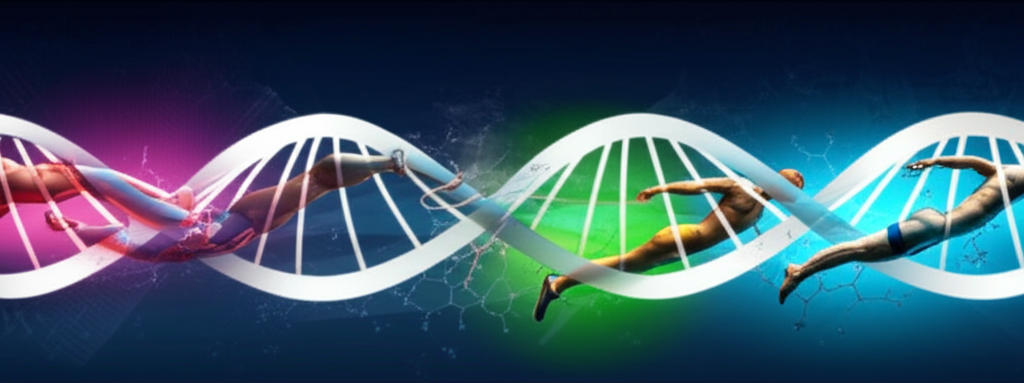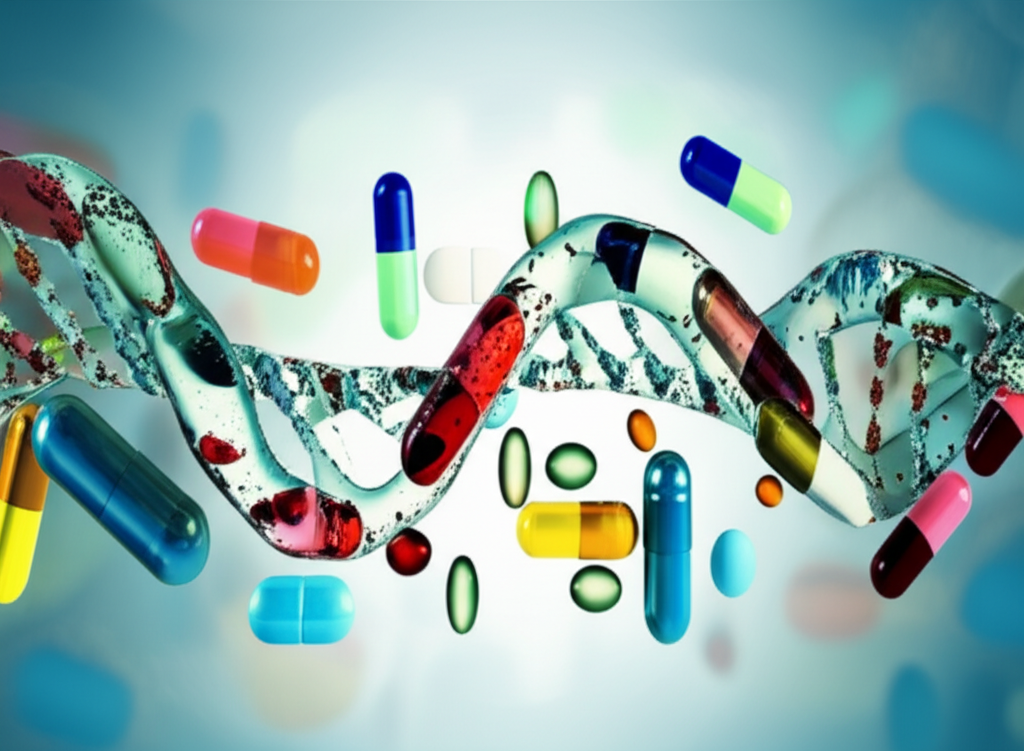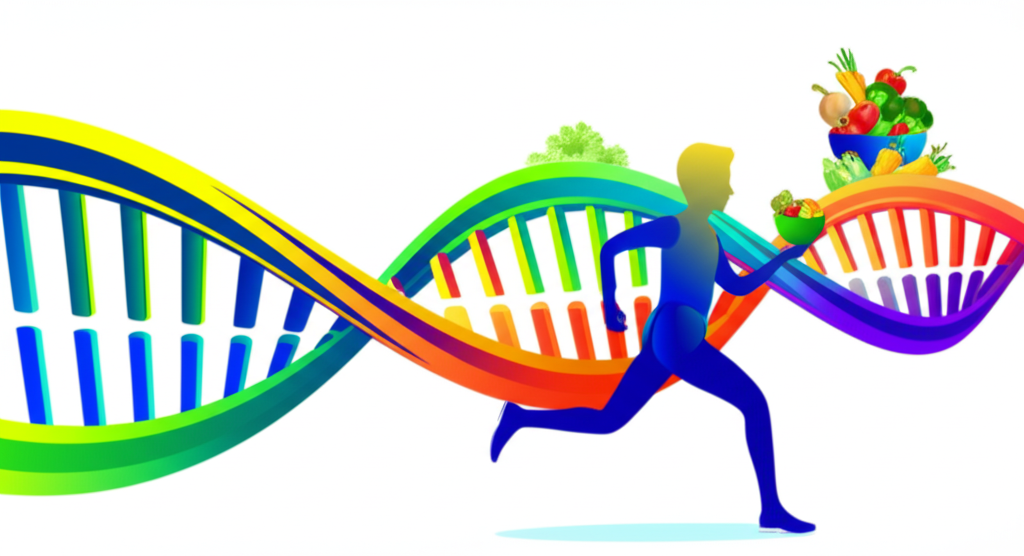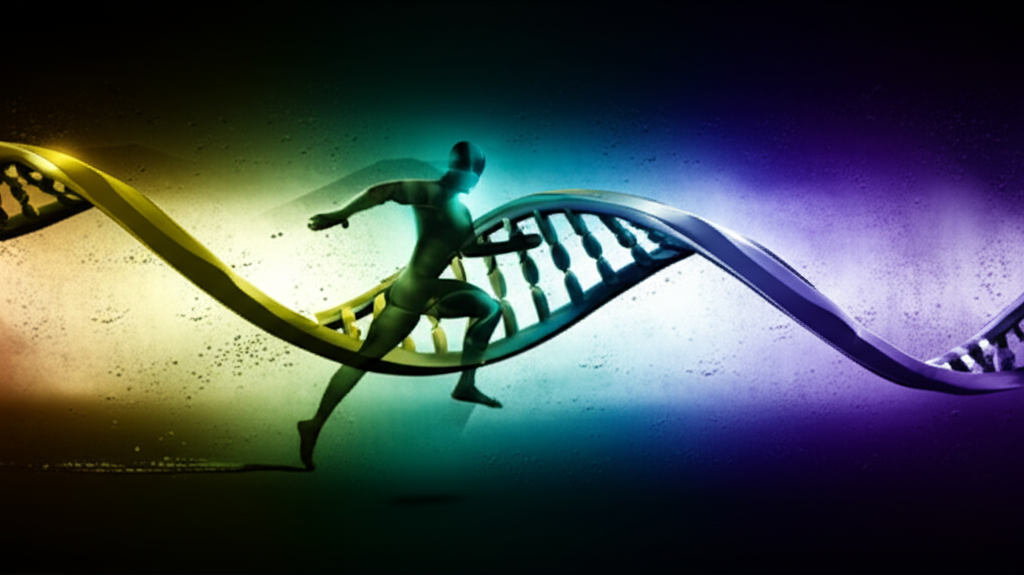Unlocking Athletic Potential: DNA's Role in Performance Enhancement
Genetic testing is revolutionizing athletic training, moving beyond a one-size-fits-all approach to personalized performance optimization. By analyzing specific genes, we can gain insights into an athlete's predisposition to certain athletic traits, injury risk, and optimal training methods. This allows for the creation of highly tailored plans maximizing results while minimizing the risk of injury or overtraining.
One key area of focus is identifying genetic variations related to muscle performance. Genes influencing muscle fiber type, strength, power, and endurance can be analyzed. Understanding your genetic predisposition allows for targeted training regimes – emphasizing strength training for those genetically predisposed to power, for example, and endurance training for others.
Beyond muscle function, genetic analysis can illuminate an athlete's recovery profile. Certain genes influence inflammation, muscle repair, and response to training stress. Knowing your genetic recovery tendencies allows for precise scheduling of training and rest periods, preventing overtraining and optimizing adaptation.
Furthermore, DNA analysis can provide valuable information regarding injury risk. Some genetic variants increase susceptibility to specific injuries, such as muscle strains or ligament tears. By identifying these predispositions, coaches and athletes can implement preventative measures, including targeted strengthening exercises and modifications to training routines.
Nutritional guidance is another critical application. Genetic testing can reveal how your body processes nutrients and responds to specific diets. This enables the creation of a personalized nutrition plan optimized for fuel efficiency, recovery, and overall athletic performance. Optimizing micronutrient intake is especially important for athletic performance and recovery, and genetics can inform this strategy.
- Key Genes Analyzed: ACTN3 (muscle fiber type), ACE (endurance performance), COL1A1 (collagen synthesis and injury risk), various genes related to inflammation and metabolism.
However, it's crucial to remember that genetic testing is just one piece of the puzzle. It provides valuable insights but shouldn't be considered a standalone predictor of athletic success. Factors like training intensity, nutrition, sleep, and overall lifestyle remain equally important. Genetic information should be interpreted and applied by qualified professionals alongside traditional performance assessments. It's a tool to enhance, not replace, traditional coaching and training methods.











